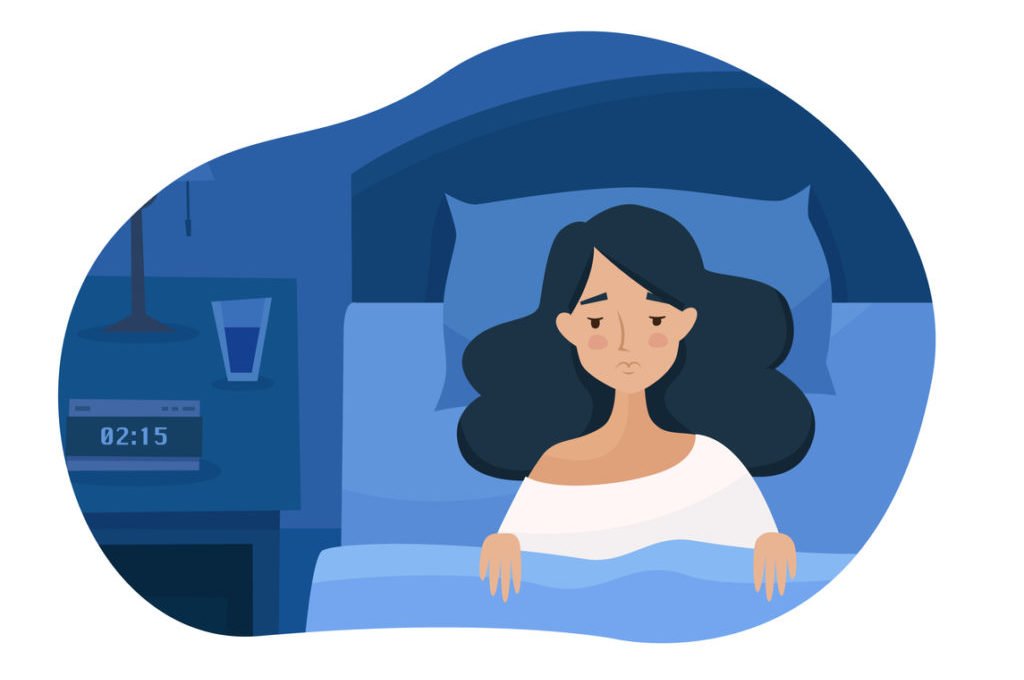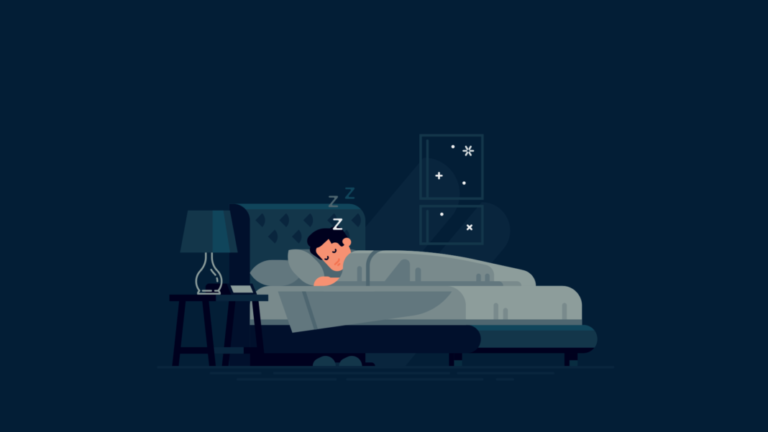The world is going through a pandemic which goes by the name of Coronavirus or COVID-19.
Sleep is the time when our body re-energizes and prepares for the next day. It’s equivalent to giving our mind and body some ‘me time’ and letting it rejuvenate. COVID-19 has started affecting many peoples sleep patterns due to heightened anxiety and stress levels surrounding the uncertainty that the future holds. Lack of sleep is, in turn, having an effect on our capability to fight this anxiety and stress.

Picture Credits – Life Apps
The following are some ways, as suggested by John D. Otis, Oxford Clinical Psychology, with which you can build good sleep hygiene, to be practised during and even after the self-isolation ends and COVID-19 is behind us.
- Create a routine
Having a set time to go to bed and wake up each day can help the body clock to adjust to a set routine. We would also suggest against taking naps as they can significantly disrupt your body clock and maybe even lead to uneven sleep patterns.
- Pre-Sleep Ritual
Forming a pre-sleep ritual can greatly help in preparing your body for the sleep that is to follow. Be it some light reading, having some jasmine tea or even stretching after a warm bath, you can experiment and customize the ritual as per what works for you.
- Use the bed only for sex & sleep
Most of us have habits of chilling, eating and even working on the bed. Consciously try to do all activities in their rightful places; Chilling on the sofa, eating on the dining table and working on a desk and chair. Leave the bed only for activities such as sex and sleep as this will help your mind associate the bed only with these.
- Get out of bed after 15 mins of tossing and turning
Sometimes, one can just not get sleep, in spite of following all the said routines. In this case, give yourself 15 minutes in bed, and if you still don’t fall asleep, it’s advisable to leave the bed and do some other activity. Staying on the bed with no sleep can sometimes lead to a rise in your stress levels.
- Room Environment
Keeping a comfortable environment can aid your sleep. Comfortable temperature, soft beddings and comforter, your favourite articles of clothing and dim/no lighting can all add to you having sound sleep. Find out what is your safe place and if pillows and rugs can help you create your sanctuary. Only if you are physically comfortable, can you relax emotionally and mentally. All of which are essential prerequisites to a sound sleep experience.
- Food Habits
It is advisable to avoid caffeine, spicy food, oily food, junk food, nicotine and alcoholic items right before bedtime. All of these food items can have an effect on your sleep and avoid these for a minimum of 2 hours before bedtime can definitely help you get that 7-8 hours of sound sleep.
- Limit screen time
It is advised by all sleep experts to avoid screen time, mobiles, laptops and even televisions, a minimum of 30 minutes before sleep time. The rays from these devices can have some negative effects on our minds that can, in turn, affect our sleep.
- Try some relaxation techniques
Deep breathing, some mild stretching, colouring a mandala, listening to calming music or even taking a stroll in nature, all can help the body and mind relax. Try out a bunch of relaxation activities and see which one works the best for you.
- Exercise Regularly
Regular exercise, in any form, can really boost our stamina, both physically and mentally. Regular activity will lead to good hormone secretion, which in turn can aid our sleep patterns.
- Take care of your mental health
A healthy mind can lead to a healthy overall being, including a good sleep pattern. Click here for some ways on how to handle mood difficulties during this pandemic.
Here is a Sleep Hygiene Worksheet by John D. Otis, Oxford Clinical Psychology. You can print this PDF and tick all those you are able to follow in a day. This can help you build a good sleep routine before, during or after COVID-19.
Do let us know if there is any other way to improve one’s sleep routine, especially during COVID-19, in the comments below and also if you are using any more techniques to fight COVID-19 🙂
Reference oxfordclinicalpsych.com/view/10.1093/med:psych/9780195329179.001.0001/med-9780195329179-interactive-pdf-023.pdf



